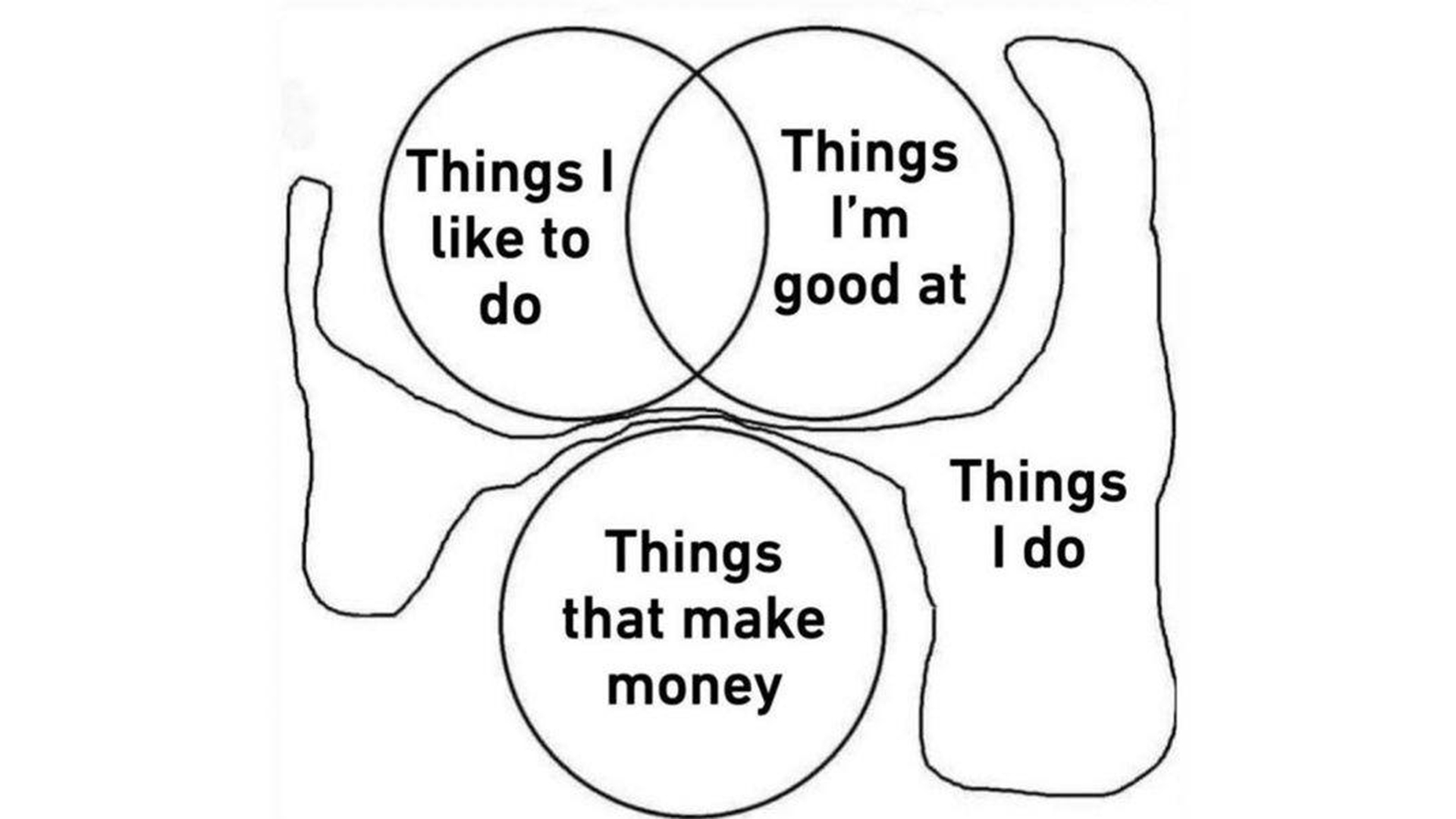
First week of school finally arrived, and the cohort was greeted by a series of briefings about our upcoming final year dissertation, timeline, deadlines, milestones, assessments… the list goes on. Over the holidays, while I interned at DBS as a content designer, I had been thinking about how to proceed with the research log I had submitted titled ‘The Intricate Interactions between Optimistic Nihilism and Technology’.
Nihilism was a philosophy I had always identified with and related to. It seemed like the perfect opportunity to explore that concept, and attempt to reveal more of myself alongside the final year project. The idea that the meaninglessness of life could be tied to interactions with technology appealed to me on a personal level. Having always occupied my time and distracting myself from that meaningless life with endless gaming and scrolling, I wanted to take this time to learn more about this particular behaviour. At the same time, I could find out more about how technology has shaped this mindset.
When I started thinking about my final year project, I felt a bit stuck when it came to deciding what the end result of my project should be. You know, like a clear plan or a design. Usually, in projects, having a clear goal is essential. It helps keep you on track. But with this topic, "The Intricate Interactions Between Optimistic Nihilism and Technology," it felt different. It's a complicated topic, mixing deep philosophy with how technology affects our lives.
I worried that if I decided on a specific goal too soon, it might make my research too limited or narrow. This topic doesn't neatly fit into a box; it's more like a big puzzle with many pieces. So, instead of forcing a clear design right from the start, I decided to go with the flow. I'll let my research guide me. I believe that as I learn more about this topic, the right design or goal will become clear on its own.
In a way, this uncertainty is similar to the very concept of optimistic nihilism I'm studying. It challenges the idea of having a fixed purpose or plan.
So, I'm going to embrace this uncertainty and trust that my project will naturally find its direction as I go along. I understand that this might mean my project won't have a typical, well-defined design outcome. But that's okay. Sometimes, the most valuable discoveries come from exploring the unknown, and I'm ready to dive in and see where this journey takes me.
-

3 Pillars Introducing themes to the research
To make sense of the complex web of ideas, I've decided to introduce three key pillars that will serve as the backbone of my research: Experience Design, Interactive Technology, and Autonomy.
Experience design is all about how technology shapes the way we perceive and interact with the world. In my research, this pillar will be the lens through which I examine the user experience, focusing on how technology influences our understanding of optimistic nihilism. Are there ways in which digital interfaces, virtual spaces, or even social media platforms are intentionally designed to encourage or discourage certain perspectives on life's meaninglessness and our response to it? Understanding the role of experience design will be crucial in unraveling the connections between technology and philosophy.
The second pillar, interactive technology, delves into the active role that technology plays in our lives. I'll investigate how technology isn't just a passive tool but an active agent that can shape our thoughts and behaviors. How do interactive technologies like artificial intelligence, immersive virtual environments, or even gamification impact our engagement with philosophical ideas, especially optimistic nihilism? By exploring these interactive elements, I aim to uncover how technology actively participates in our philosophical journey.
Autonomy, the third pillar, will focus on the individual's ability to navigate the complex landscape of optimistic nihilism in the digital age. It's about personal agency and choice. Does technology enhance or diminish our autonomy when it comes to embracing or rejecting optimistic nihilism? Are there instances where technology empowers individuals to find their own meaning in a seemingly meaningless world? This pillar will help shed light on the extent to which technology empowers or constrains our existential choices.
Introducing these three pillars to my research will provide a structured approach to a topic that could easily become overwhelming. Each pillar represents a distinct aspect of the intricate interactions I'm exploring. Together, they offer a holistic view of how optimistic nihilism and technology intersect, giving me a roadmap to navigate the philosophical and technological terrain. As I dive deeper into my research, I'm excited to see how these pillars will help me uncover meaningful insights and connections. They will serve as a guide, ensuring that my exploration remains focused and comprehensive, ultimately leading to a richer understanding of this thought-provoking topic.